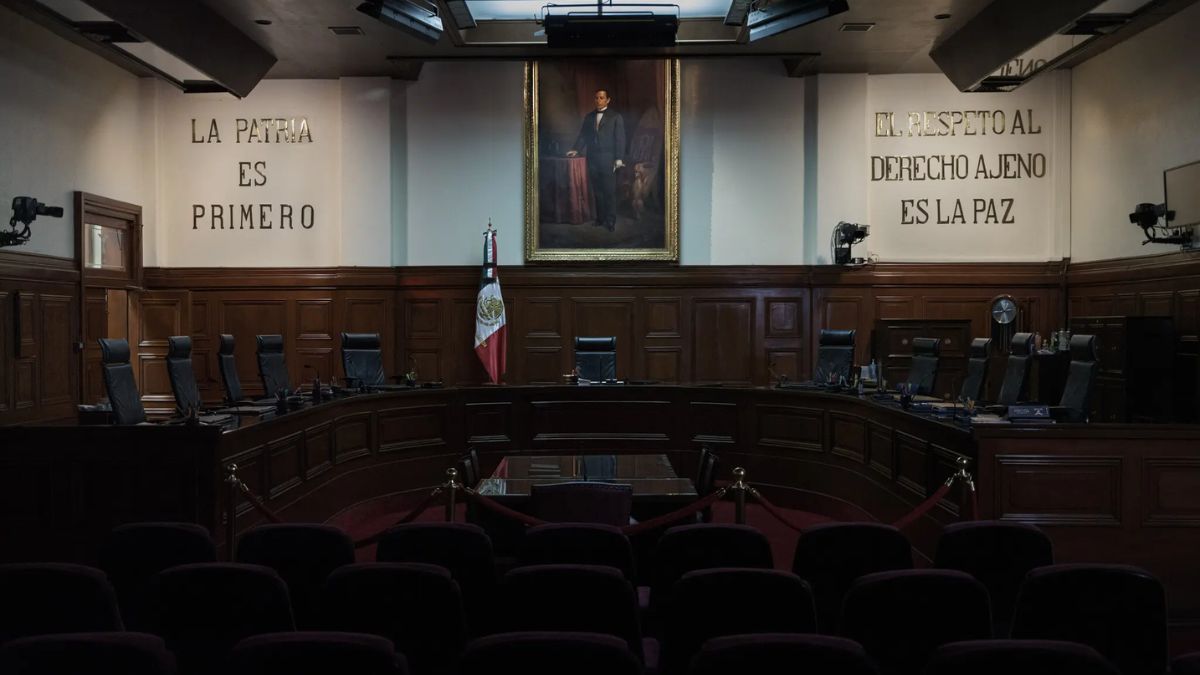As President Andrés Manuel López Obrador nears the end of his six-year term, he is championing a sweeping overhaul of Mexico’s judiciary, a move he argues is essential for combating corruption. However, this initiative has sparked significant controversy, with critics accusing the president of seeking to consolidate power and undermine judicial independence.
The proposed reforms would transform Mexico’s judiciary from an appointment-based system, focused on qualifications and training, to one where judges are elected by voters. This shift could potentially force out over 5,000 judges, from the Supreme Court’s chief justice to local district court judges. The changes also include downsizing the Supreme Court from 11 to 9 justices, shortening their terms from 15 to 12 years, and creating a Tribunal for Judicial Discipline with broad powers to investigate, sanction, or even remove judges.
Critics argue that the overhaul is a strategic move by López Obrador and his political party, Morena, to entrench their influence and reshape Mexico’s legal landscape in their favor. Thousands of judges and court employees have protested the changes, with strikes disrupting the judiciary’s functions. U.S. Ambassador to Mexico, Ken Salazar, has voiced concerns, labeling the proposed reforms a “major risk to Mexico’s democracy,” which has led to diplomatic tensions between the two countries.
Claudia Sheinbaum, Mexico’s president-elect set to take office in October, and her allies, including Supreme Court Justice Lenia Batres, argue that the changes are necessary to improve judicial collaboration and efficiency. Sheinbaum has dismissed the criticism as a misunderstanding of the proposed measures, pointing out that judicial elections are common in some U.S. states.
The controversy has already had economic repercussions. The Mexican peso has fallen by 13% since early June amid investor uncertainty over the judicial changes. Legal experts and many judges fear that the reforms could undermine judicial impartiality, potentially affecting business confidence and investment in Mexico.International legal experts draw comparisons to Bolivia’s experience under Evo Morales, where similar judicial changes led to significant concerns about judicial independence and governance.
Despite López Obrador’s historically high approval ratings and legislative victories that have secured the necessary votes for the reform, the overhaul faces a storm of opposition. Critics, including Ana Laura Magaloni, a leading Mexican legal scholar, argue that the president’s attacks on the judiciary and other independent institutions signal a dangerous disregard for democratic checks and balances.
As López Obrador’s term winds down, the outcome of this judicial overhaul will likely shape Mexico’s legal and political landscape for years to come, raising questions about the future of judicial independence and democratic governance in the country.


